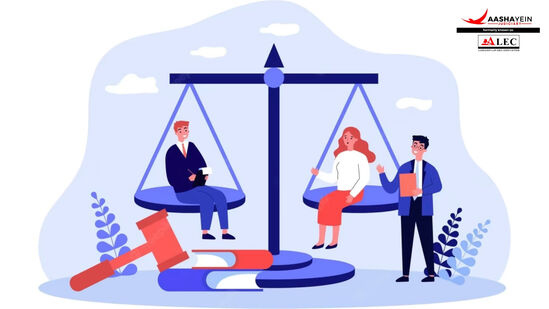This case emerged from the horrific communal violence that broke out during the 2002 Gujarat riots leading to the death of 59 people. In the aftermath, widespread riots swept across Gujarat, resulting in large-scale loss of life and property. Zahira Habibullah Sheikh, who survived the attack, was a key eyewitness and initially identified the accused individuals during the investigation.
However, during the trial in a local court in Gujarat, Zahira and several other witnesses unexpectedly turned hostile and retracted their statements, leading to the acquittal of all 21 accused on June 27, 2003. Zahira later stated publicly that she and the other witnesses had been threatened and pressured into lying in court. This revelation raised serious concerns about the integrity of the trial process and the safety of witnesses, eventually drawing national attention. The matter was taken up by the Gujarat High Court and later by the Supreme Court of India, which stepped in to ensure justice was served.
Issue Before the Court
The main issue before the Court to be addressed is regarding the safety and protection of witnesses in such high-profile cases.
Analysis of the Court
The Supreme Court took these allegations seriously and found that the original trial had not followed the principles of a fair and impartial hearing. It noted serious issues like witness intimidation and a general atmosphere of fear that undermined the integrity of the proceedings. Re-trial: Recognising that the trial had been vitiated, the Court ordered a re-trial and transferred the case from Gujarat to Maharashtra under the jurisdiction of the Bombay High Court to ensure neutrality and safeguard witness testimony.
Role of State Authority: The Court also criticised the role of the state authorities, especially the police and prosecution, for their inaction and failure to uphold justice. It found clear lapses in the investigation and prosecution processes, suggesting that the accused were allowed to go free due to a lack of sincerity and willpower on the part of the law enforcement agencies.
Safeguards: Additionally, the Supreme Court acknowledged an inquiry that suggested Zahira may have been influenced by financial or external pressure, though it found the evidence insufficient to clearly identify the persons responsible. Still, the Court highlighted the need for stronger safeguards against such manipulation.
Ultimately, this judgment was a strong indictment of systemic failures in the criminal justice system. The Supreme Court used this case to push for deeper reforms, stressing that justice cannot be sacrificed due to fear, inefficiency, or bias. It reinforced the judiciary’s responsibility to protect witnesses and ensure that fair trial standards are not compromised, especially in cases involving communal violence or political sensitivity.
Enquire Now
Concluding Remark
The Zahira Habibullah Sheikh case exposes critical flaws in the justice system, particularly concerning witness protection, fair trials, and the risk of coercion. It also challenges the state’s responsibility in upholding judicial integrity and ensuring unbiased investigations. This case serves as a stark reminder of the system’s vulnerabilities and the urgent need for reforms to safeguard justice.

